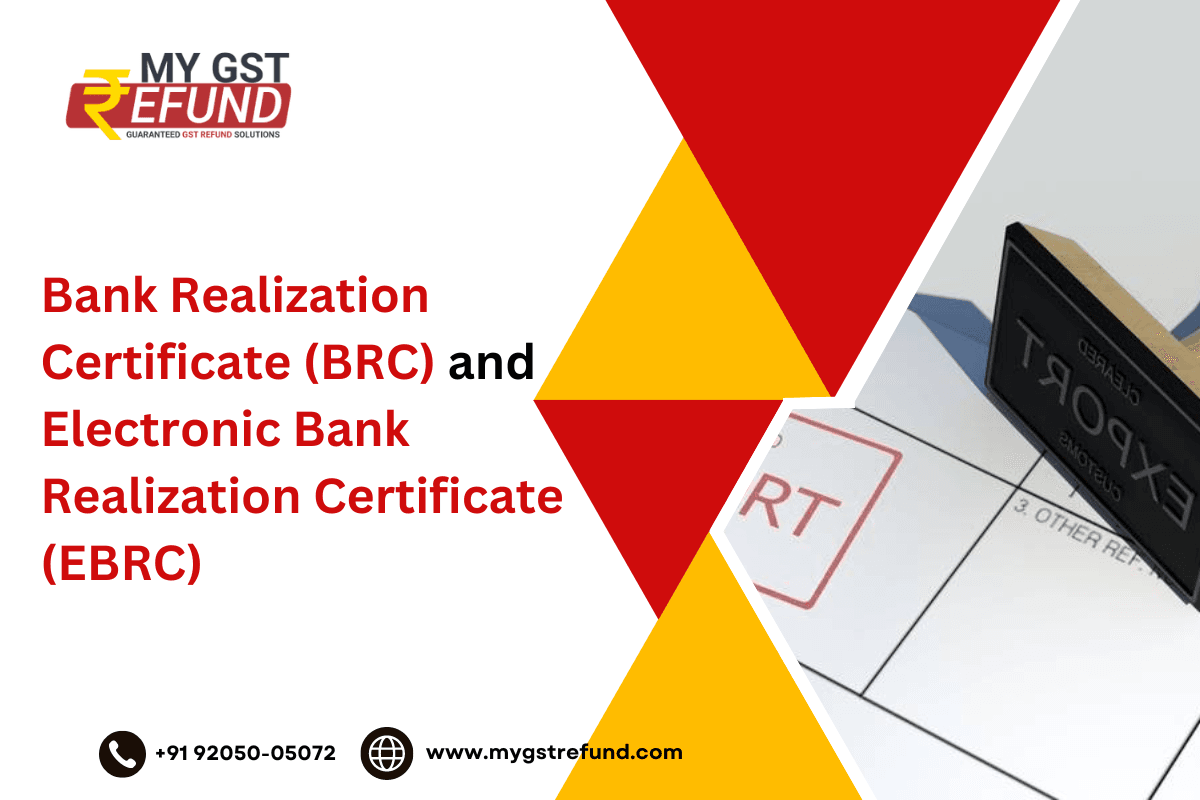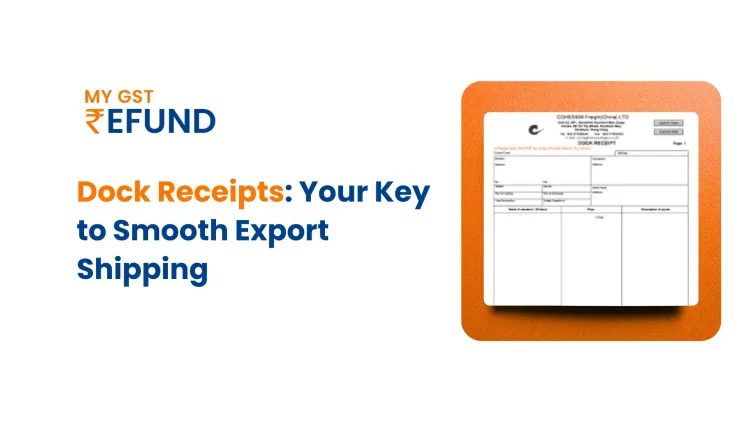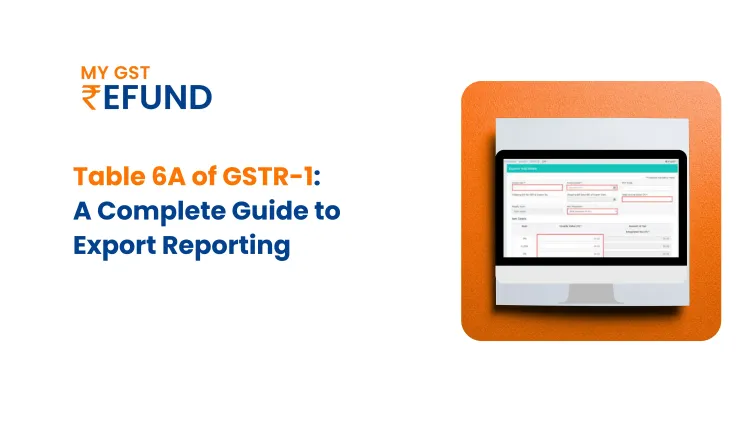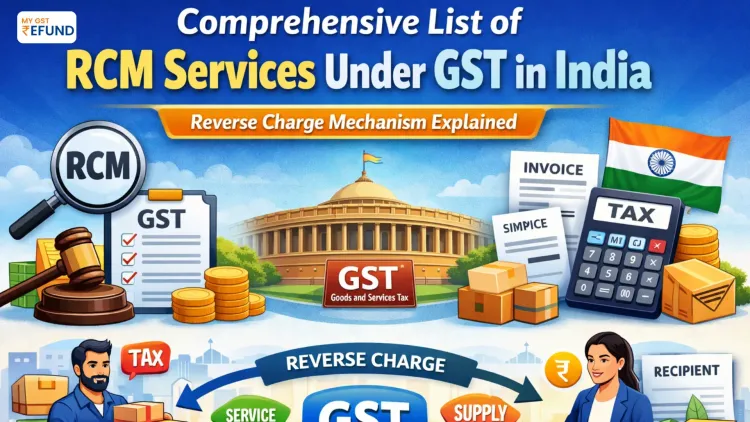A Comprehensive Guide to Obtaining BRC and EBRC
Published on: Mon Dec 11 2023
A Comprehensive Guide to Obtaining BRC and EBRC
In international trade, obtaining Bank Realization Certificates (BRC) and Electronic Bank Realization Certificates (EBRC) is crucial for businesses engaged in exporting goods and services. These certificates, issued by authorized banks, serve as proof of realization of foreign exchange and play a pivotal role in facilitating trade transactions. This guide provides an in-depth understanding of the BRC and EBRC processes, covering every aspect from application to FAQs.
Understanding BRC:
What is a Bank Realization Certificate (BRC)?
A Bank Realization Certificate (BRC) is a document issued by an authorized bank in India, certifying the realization of foreign exchange concerning exports.
Key Terms:
Realization of Foreign Exchange:
It refers to the receipt of payment for exported goods or services in a foreign currency.
BRC Application Process:
Exporter Registration:
To apply for BRC, an exporter must be registered with an authorized bank. The bank will provide a unique exporter code that is essential for all export-related transactions.
Export Documentation:
Submit the necessary export documentation, including the shipping bill, invoice, and other relevant documents, to the authorized bank.
Verification and Certification:
The bank verifies the export documents and certifies the realization of foreign exchange. Upon verification, the bank issues the BRC to the exporter.
Understanding EBRC:
What is an Electronic Bank Realization Certificate (EBRC)?
An Electronic Bank Realization Certificate (EBRC) is the digital counterpart of the traditional BRC. It is generated electronically by the bank and serves the same purpose of certifying the realization of foreign exchange.
Key Terms:
Digital Signature Certificate (DSC):
It is a secure digital key issued by a certifying authority that verifies the identity of the certificate holder.
EBRC Application Process:
Online Export Data Filing:
Exporters need to file their export data electronically through the Indian Customs EDI (Electronic Data Interchange) system.
Electronic Submission to Banks:
The export data is electronically submitted to the authorized banks, which then verify and certify the realization of foreign exchange.
Generation of EBRC:
Upon verification, the bank generates the EBRC with a digital signature, ensuring the authenticity of the certificate.
Also Read: Understanding Foreign Inward Remittance Certificate (FIRC)
FAQs - Your Guide to BRC and EBRC:
Q1: Is it mandatory to obtain a BRC or EBRC for all exports?
A: Yes, it is mandatory for exporters to obtain either a BRC or an EBRC for all export transactions.
Q2: Can BRC be applied for retrospectively?
A: Yes, exporters can apply for BRC retrospectively within a certain timeframe, typically within 12 months from the date of export.
Q3: Can BRC be amended?
A: Yes, amendments to BRC can be made for corrections or updates. However, it is subject to the approval of the authorized bank.
Q4: How long does it take to obtain an EBRC?
A: The timeline for obtaining an EBRC depends on the efficiency of the bank's verification process. On average, it may take a few days to a couple of weeks.
Q5: Can an exporter apply for BRC or EBRC through any bank?
A: No, exporters must approach an authorized bank with which they are registered for the issuance of BRC or EBRC.
Q6: Is there a fee associated with obtaining BRC or EBRC?
A: Yes, banks may charge a nominal fee for processing and issuing BRC or EBRC.
Q7: Can BRC or EBRC be used as collateral for obtaining loans?
A: Yes, some financial institutions may accept BRC or EBRC as collateral for export-related loans.
Q8: Are BRC and EBRC required for all types of export transactions?
A: Yes, both BRC and EBRC are required for all types of export transactions, including goods and services.
Q9: Can BRC or EBRC be obtained for exports to specific countries?
A: BRC or EBRC can be obtained for exports to any country, and the process is applicable universally.
Q10: Is there a specific format for BRC and EBRC?
A: Yes, both BRC and EBRC follow a standardized format provided by the Reserve Bank of India (RBI), ensuring consistency in documentation.
Conclusion:
Navigating the intricacies of obtaining BRC and EBRC is integral for exporters engaged in international trade. These certificates not only validate the realization of foreign exchange but also facilitate smoother trade transactions. Staying well-informed about the application processes, terms, and regulations surrounding BRC and EBRC is essential for businesses aiming for seamless and compliant export operations.
Related Posts






